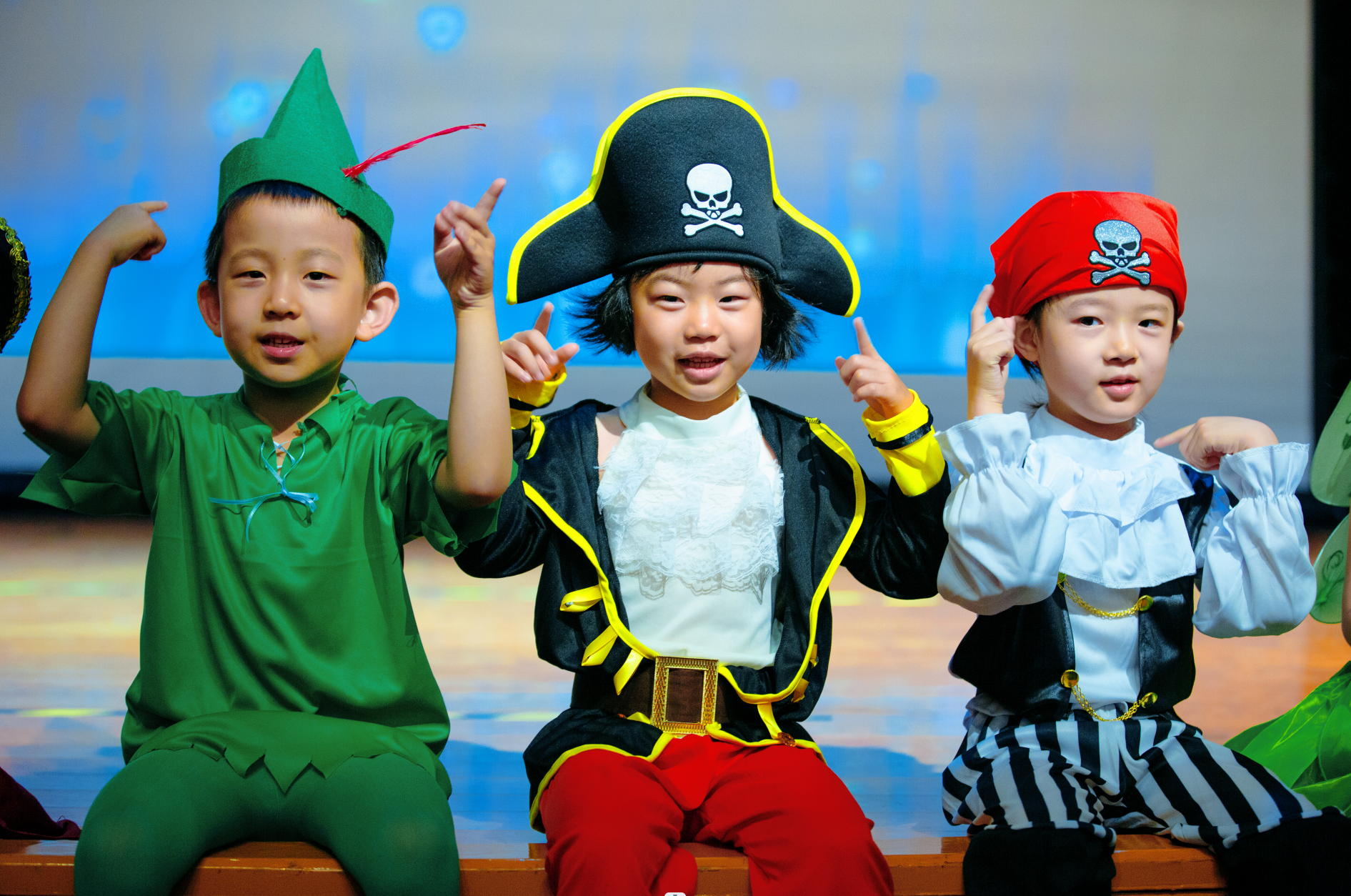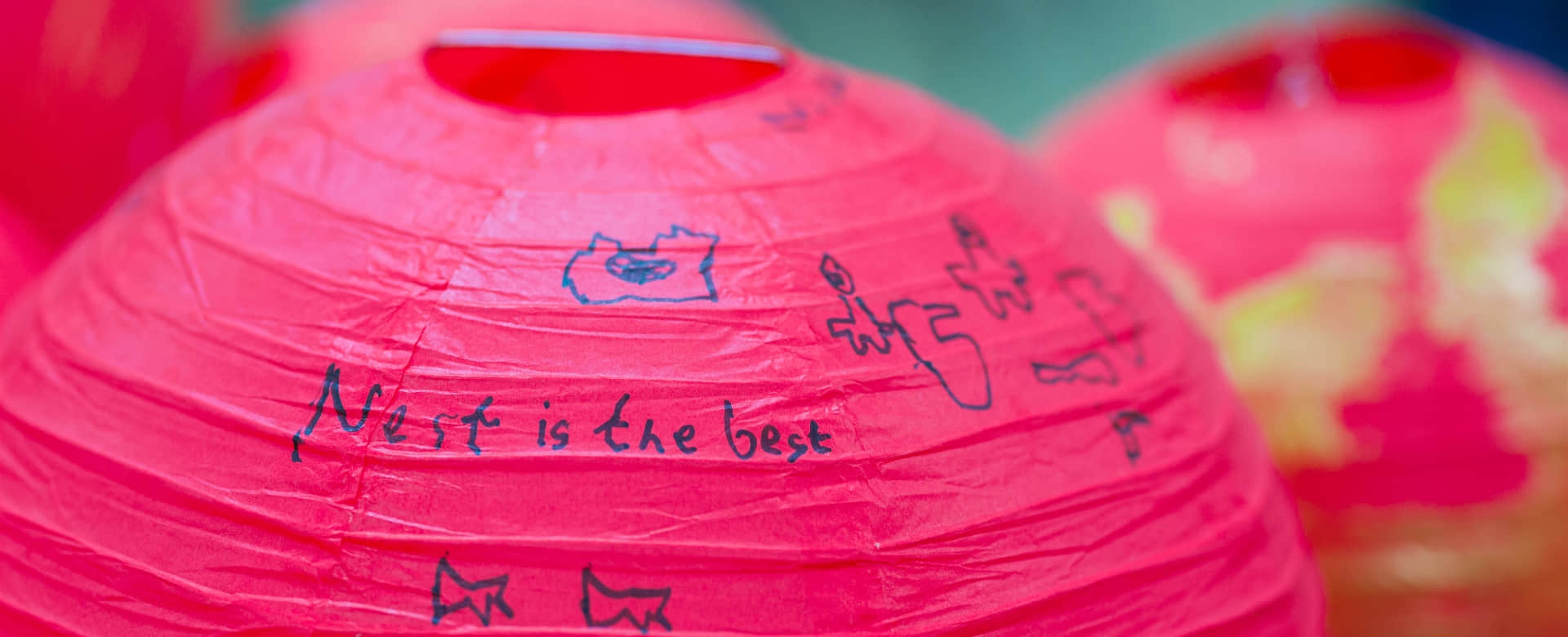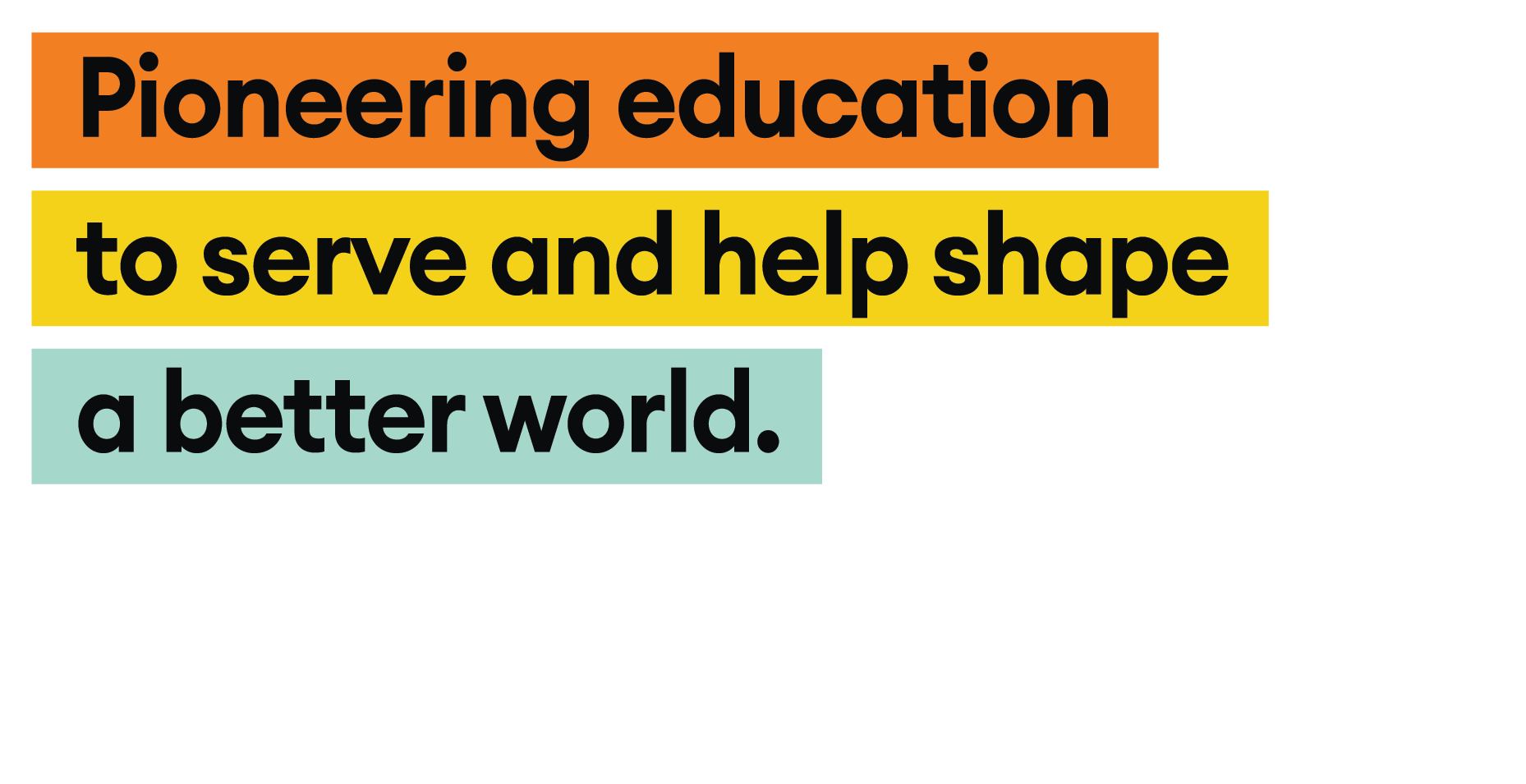Transition to Early Years: the importance of outdoor learning
Our Early Years' curriculum is founded on the idea that young children are independent learners full of potential. Children have an innate urge to achieve proficiency in rudimentary physical skills, and they do so by making the most of the body's capacity for movement. They use movement to express emotions, manipulate objects, and explore and learn about their world. They also relish physical competency and enjoy movement for its own sake. Recognising the positive effects of physical activity on children's cognitive, social, emotional and physical development, we embed developmentally appropriate physical educational experiences in our Early Years curriculum.
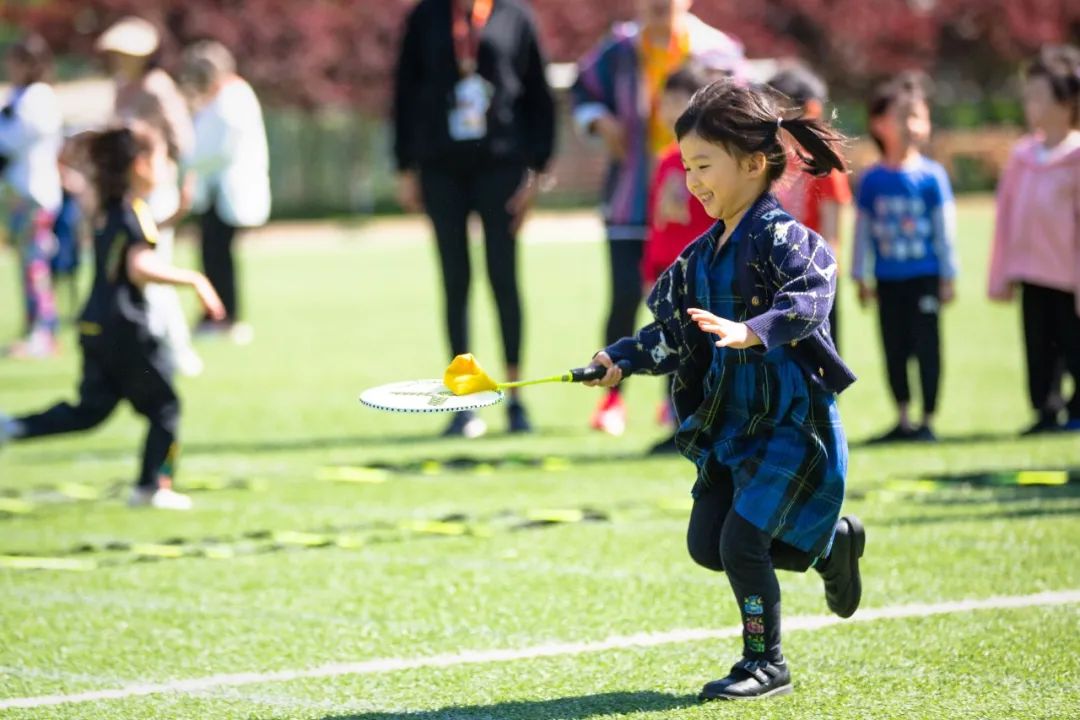
Young children learn through play and active, hands-on exploration of their world using all their senses. Thus, our setting provides a stimulating learning environment both indoors and outdoors. We cannot emphasise enough the crucial role outdoor learning spaces play in providing opportunities for optimum learning. Early Years' educationist Margaret McMillan says, "The best classroom and the richest cupboard is roofed only by the sky". Children have the highest level of wellbeing and involvement in their learning outdoors. Therefore, we carefully design our outdoor areas, offering optimal scope for gross and fine motor development and open-ended materials for pupil-led, inquiry-based learning.
"Intellectual progress is conditioned at every step by bodily vigour. To attain the best results, physical exercise must accompany and condition mental training".
——Comenius AD 1650
Physical movement and activity are a crucial part of a child's physical development, which in turn helps in their comprehensive education. Physical development is considered a prime area of learning for children in the Early Years as it contributes to all other areas of learning and helps lay the foundation for an active and healthy life. We approach physical education in our Early Years settings as one would approach chemistry, history or any other area of knowledge or skill in Senior School. Young children need regular, systematic and well-planned opportunities to develop and learn fundamental physical skills that will contribute to a lifetime of health and wellness. It cannot be left to chance.
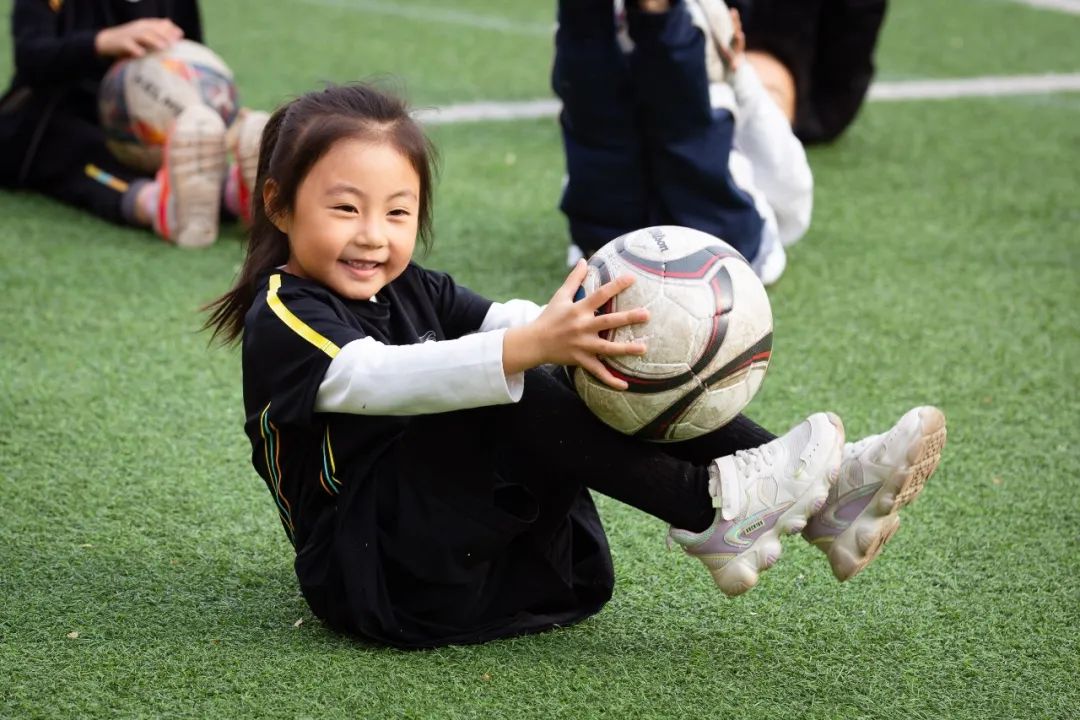
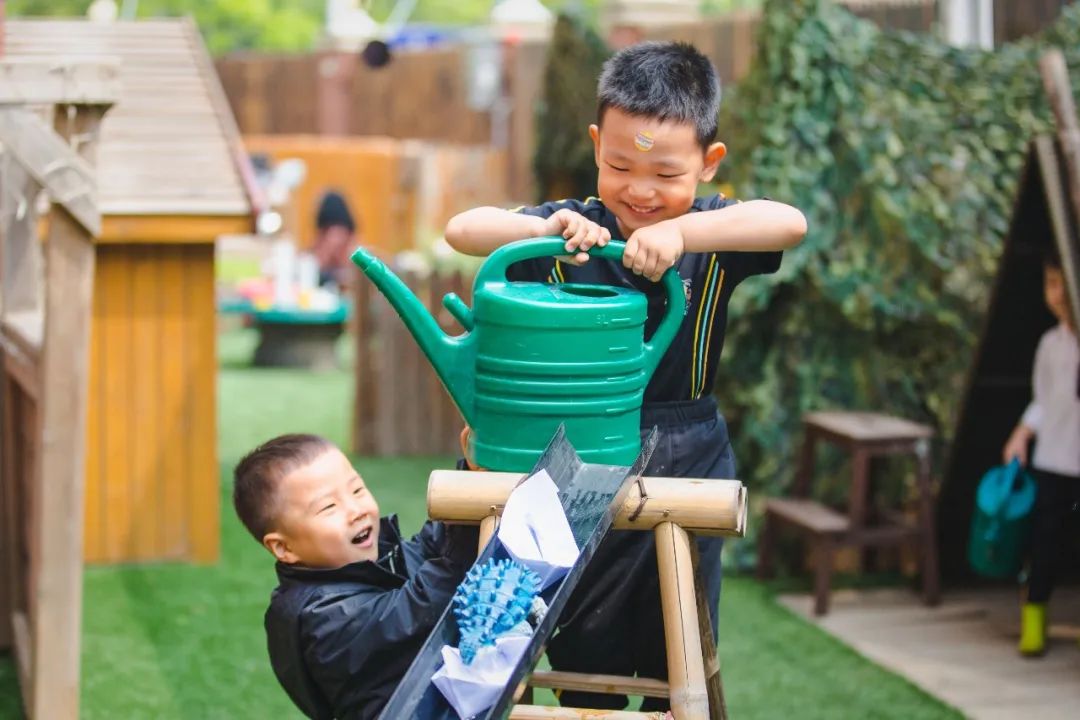
Across developmental stages in early childhood, the neurological development and control of movement develop in cephalocaudal (head-to-toe) and proximodistal (centre-of-the-body or midline to periphery) directions. The capacity to perform various motor tasks progresses and follows a predictable trajectory, corresponding to these changes in body proportions and motor development patterns. For example, increases in running speed are consistent with an increase in leg length. An ability to change directions while running develops with increased balance and coordination. Neurological development also determines skill progression. When young children are thrown a ball, for instance, they catch it with the whole of their arms and body. They cannot catch it outside the midline or either side of the body. As proximodistal development continues, children can better manoeuvre their bodies to catch a ball outside the midline with one or both hands.
Early Years’ physical education corresponds with a child's developmental patterns. It includes gross and fine motor development, health, self-care and physical exercise.
Gross motor skills refer to the large muscle groups of the arms, legs and torso. These include postural control and balance, locomotor skills (movement), object control, weight-bearing, overall coordination of the limbs and trunk, strength and endurance and even body awareness within the environment. They encompass walking, running, hopping, skipping, jumping, lifting, kicking, galloping, throwing, catching, pushing, pulling, climbing, hanging, cycling, dancing and sports activities, to name just a few. These abilities form the basis for fine motor abilities and relate to agility, balance, speed, power, reaction and strength.
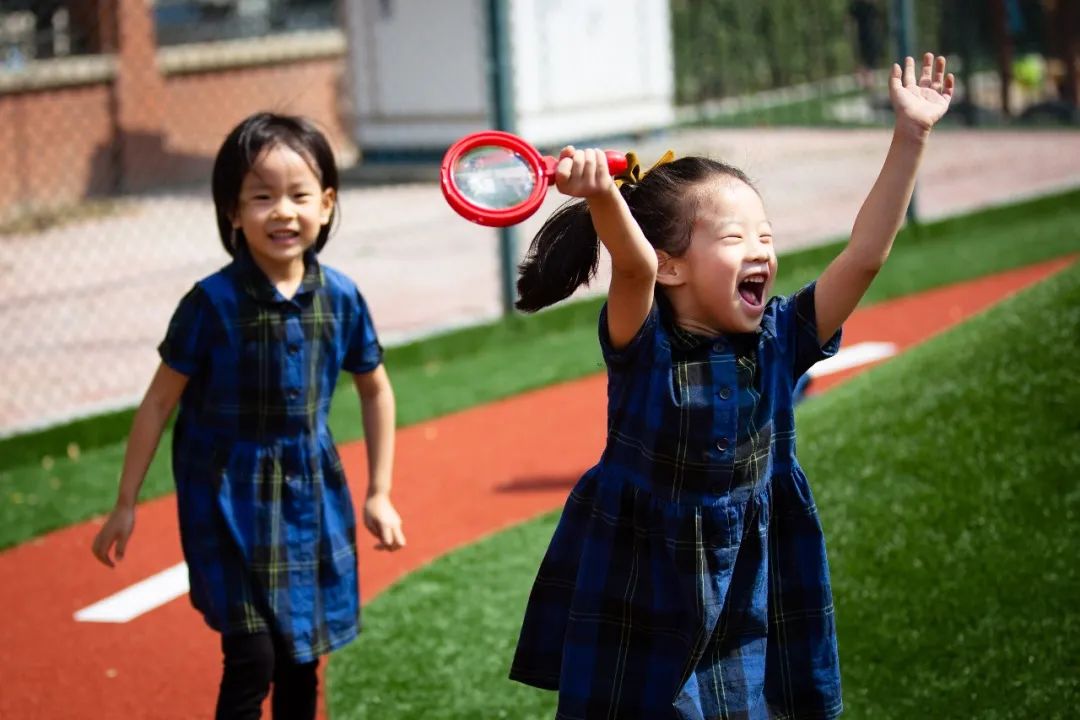
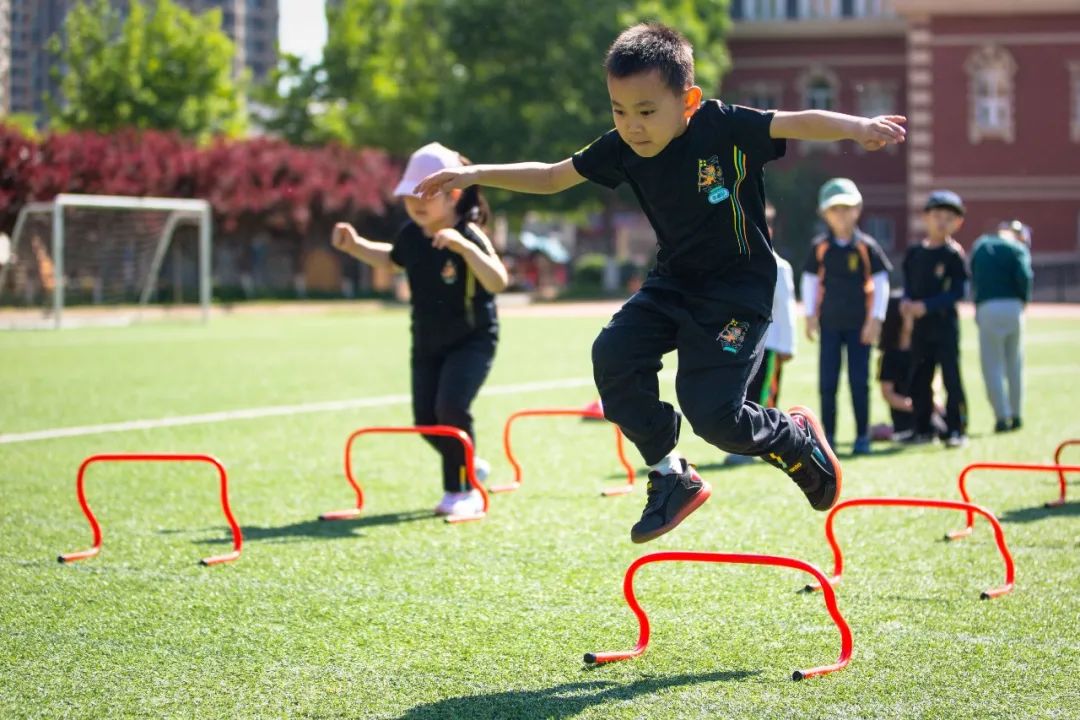
Fine motor skills involve small muscles that control movements such as the wrists, hands, fingers, lips, tongue and eyes. It helps children do things like eating, turning pages of a book, threading or beading, colouring or painting, cutting with scissors, pasting or glueing, manipulating objects or operating equipment, twisting, turning, stacking, writing and getting dressed. Developing flexibility, dexterity, precision, control and coordination of children's fine motor movement and hand-eye coordination are essential skills for daily life. It is also linked to early literacy, providing crucial pre-reading and writing skills.
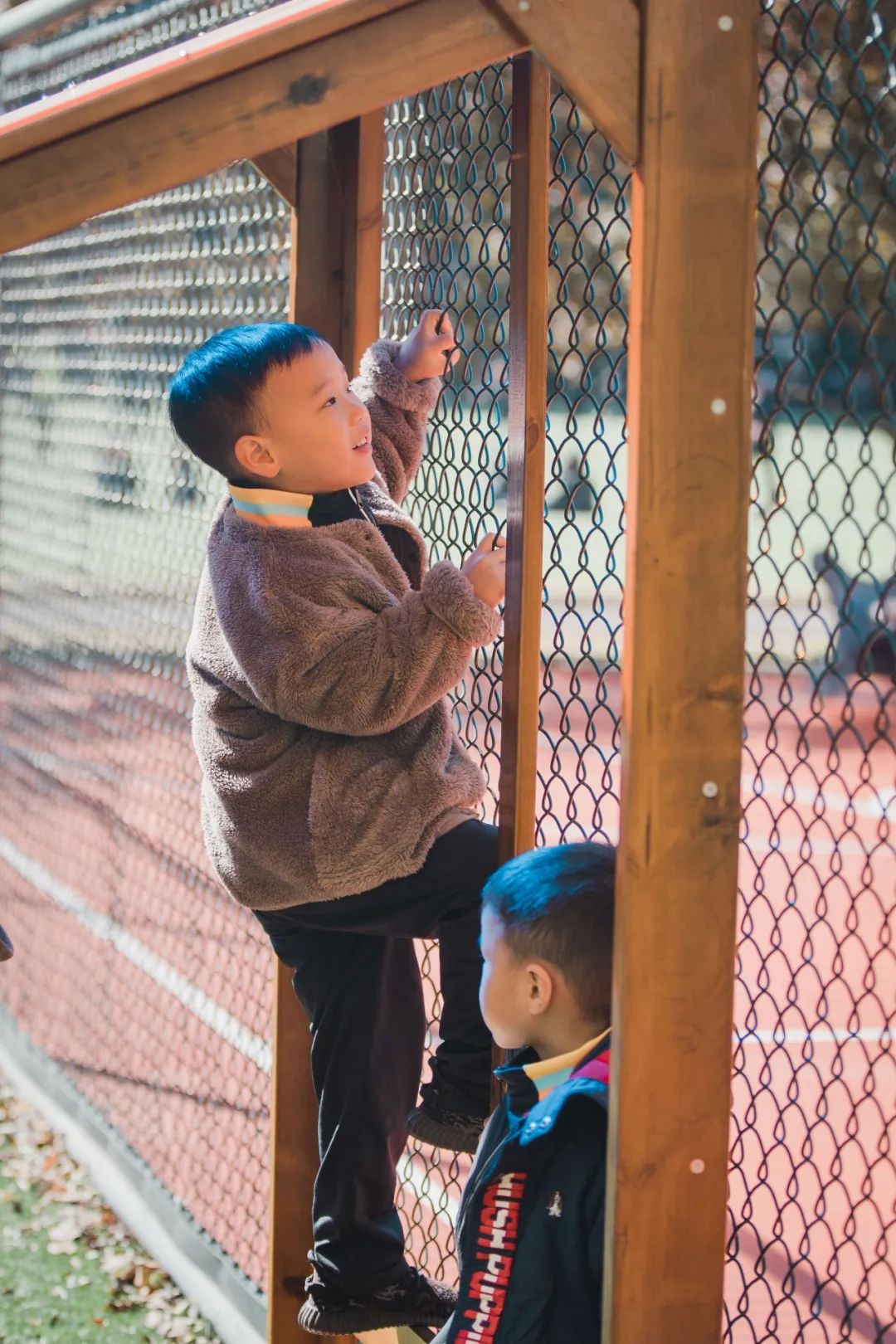
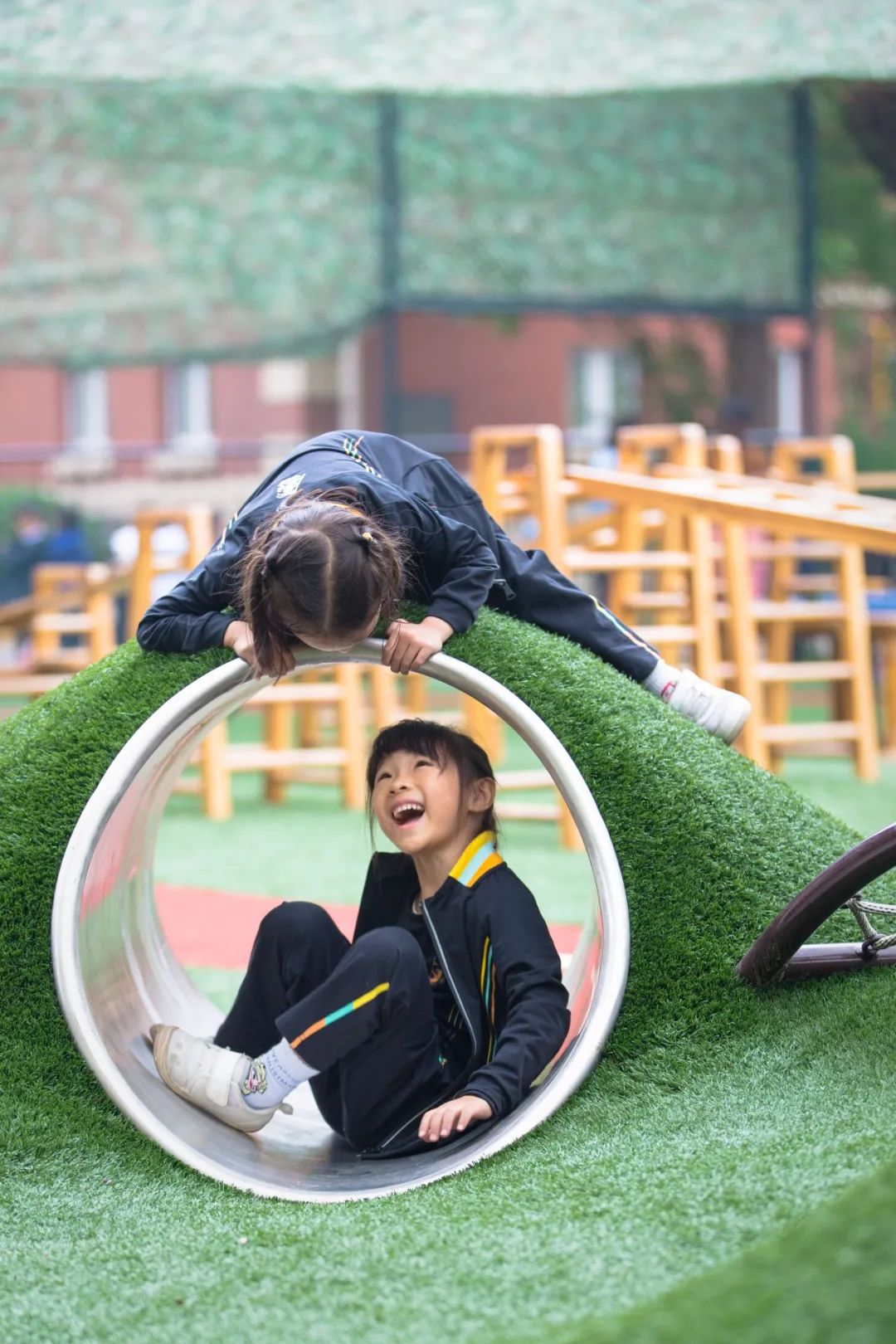
In England and China, there is a statutory requirement for, and emphasis on, daily outdoor learning. Guidance issued by the Department of Health and Social Care in the UK in 2011 recommended that children under five should be physically active for a minimum of three hours a day while maintaining a balance of light and more energetic activity throughout the day. Moreover, they should refrain from having extended periods of inactivity apart from sleeping.
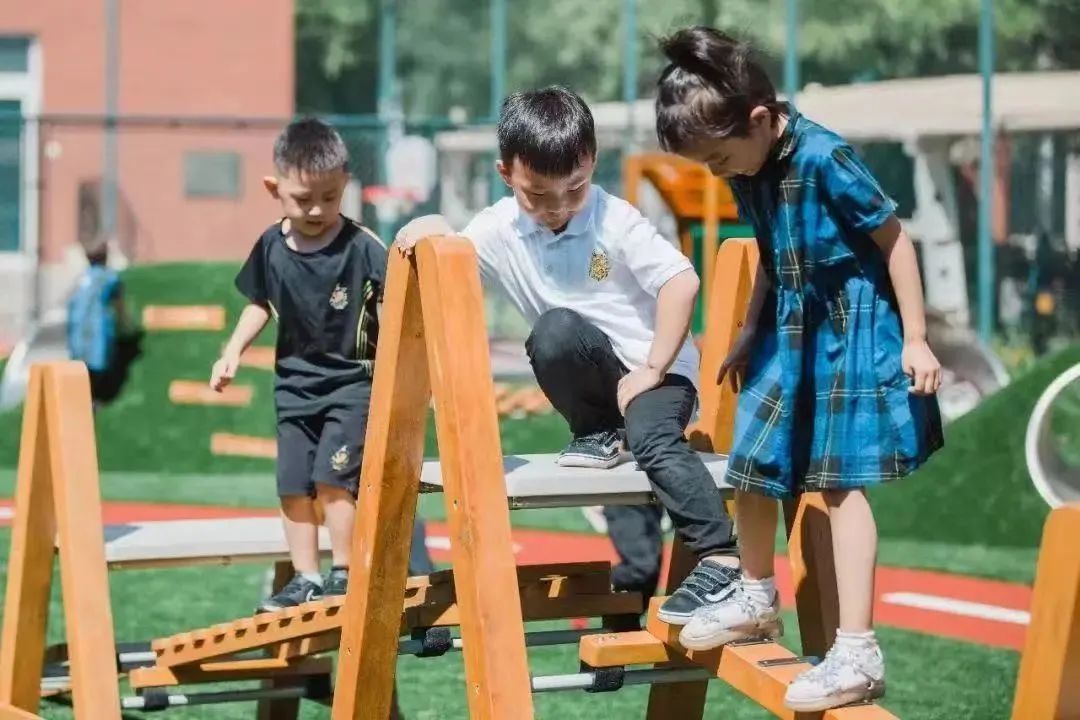
The benefits of physical activity are far-reaching. They support brain development along with bone and cardiovascular health and muscular development. During early childhood, participating in active play provides an opportunity for bonding between children and their peers and adults. Indoor and outdoor activity boosts a child's social skills and emotional wellbeing.
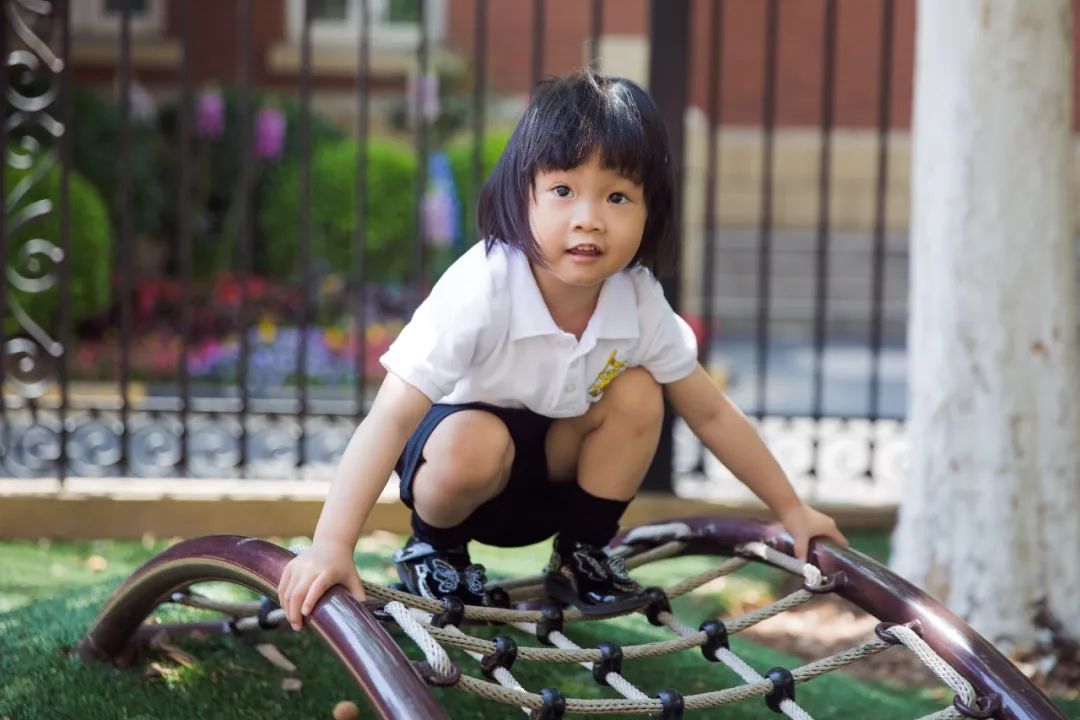
There is so much potential in outdoor learning; every kind of learning is possible outdoors, and teachers use their ingenuity to make it a reality! When we provide opportunities for children to play outdoors, they can freely exercise their growing intellectual and emotional abilities along with their physical ones. They are naturally "developing their powers to think, to feel, to do, to see and understand, to represent and express. They are imagining, puzzling, wondering, exploring, befriending and sharing." (Mary Jane Drummond, "Can I play out" Outdoor play in the Early Years Bradford Education 1995) Thus, core aspects of provision for our outdoor learning are purposeful opportunities for:
-
Movement and physical play – running, jumping, pedalling, playing with balls and other equipment
-
Consolidating learning and applying skills
-
Exploratory and investigative experiences with nature — to discover the wonders of our natural world
-
Creating, building and constructing
-
Digging, growing and nurturing plants
-
Making music, expressing themselves
-
Imagining, dreaming, experimenting and inventing
-
Pretend play and storytelling
-
Inventing games/collaborative games
-
Creative experiences like mark making
-
Taking responsibility, being independent, collaborating and problem-solving
-
Finding calm, relaxing and reflective experiences — meaningful opportunities for listening and asking questions and
-
Being excited, happy, energetic, adventurous and noisy!
Wellington College Bilingual Tianjin Nursery have recently upgraded their outdoor learning areas to provide maximum opportunities for the learning and development of the child. Outdoor play may sound simple, but we know it is the perfect way for a child to flourish in their physical and intellectual development. It is our haven for child-initiated learning. The very essence permeates the whole curriculum and integrates all aspects of learning.
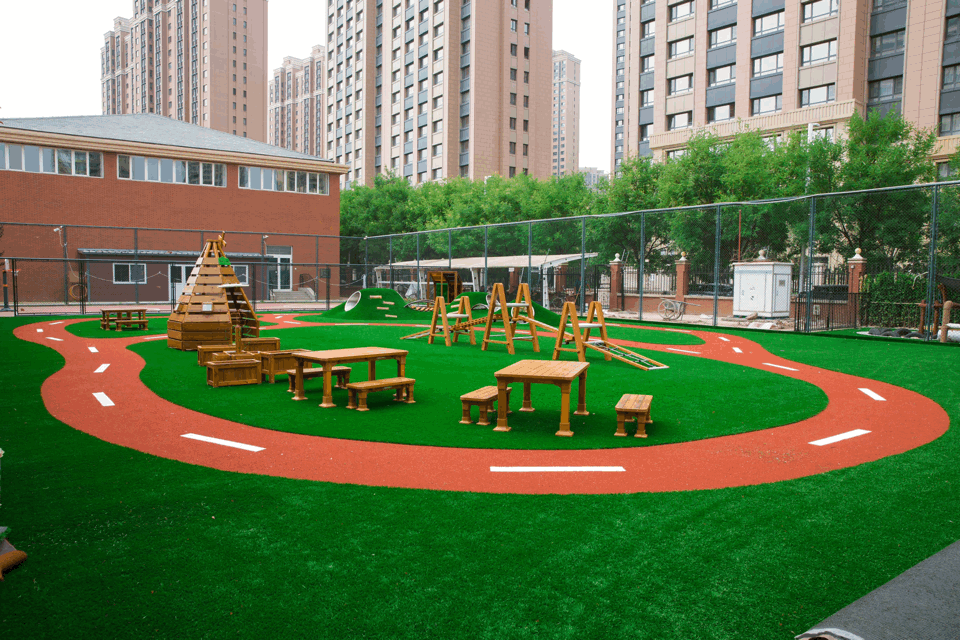
Children learn by doing, and our outdoor environments are designed for that. It is where they have free reign of their imagination, and they enquire, experiment, encounter problems and learn to solve them through trial and error. Physical education in our Early Years curriculum encourages independence and builds confidence. Moreover, it is simply fun. Children are naturally energetic. Our pedagogical approach taps into this inherent quality to develop all areas of learning in our curriculum through outdoor learning. Ultimately, we aim to maximise learning and intellectual progress and build healthy lifestyles and habits throughout life.
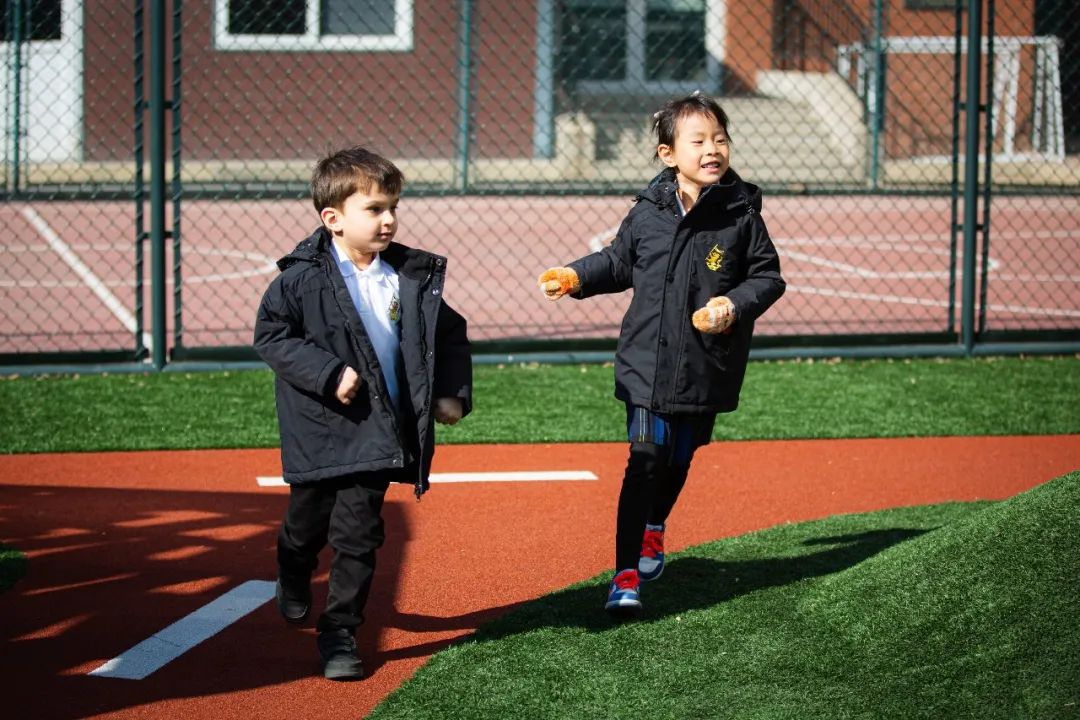
Content support in courtesy of
Ms Monica Mukherjee
Head of Early Years Support, The Bridge | China
Related Articles








 Channel
Channel 
 Linkedin
Linkedin  Weibo
Weibo  Facebook
Facebook  Ins
Ins 

